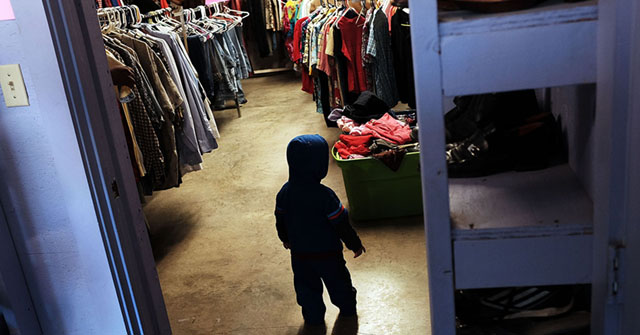Peterson Foundation Statement on CBO Letter on the Budgetary Effects of Making Specified Policies in the Build Back Better Act Permanent

NEW YORK — Michael A. Peterson, CEO of the Peter G. Peterson Foundation, commented today on a letter released by the Congressional Budget Office (CBO) about the fiscal effects of making permanent specified policies in the Build Back Better Act. Peterson said:
“It is critical for national priorities proposed by either party to be fully paid for. Policies should not be artificially sunset just to make the fiscal projections rosier and legislative passage easier. This analysis from CBO shows that timing gimmicks used in the current bill mask this legislation’s potential fiscal impact, which could result in $3 trillion of additional debt over the next decade.
“We should have transparent and open discussions about the intentions and priorities of legislation and policies. Congress and the President should decide now how to fund new programs over their truly intended timeframes through credible offsets.
“We have already placed a tremendous burden on future Congresses with $29 trillion of national debt as well as a range of existing permanent programs that are not sufficiently funded by our tax code. There are a number of options to make the current bill more responsible, and there is still time for lawmakers to make it more sustainable for those who stand to benefit from these programs, and for future generations to come.”
# # #
Further Reading
What Are the Economic Costs of Child Poverty?
Child poverty is higher in the United States than in other wealthy countries. Studies show that it has quantifiable economic costs.
Budget Basics: Unemployment Insurance Explained
The Unemployment Insurance program is a key counter-cyclical tool to help stabilize the economy and speed recovery during downturns or crises.
Quiz: How Much Do You Know About Healthcare in the United States?
The United States has one of the largest and most complex healthcare systems in the world. Take our healthcare quiz to see how much you know about the cost and quality of the U.S. healthcare system.


